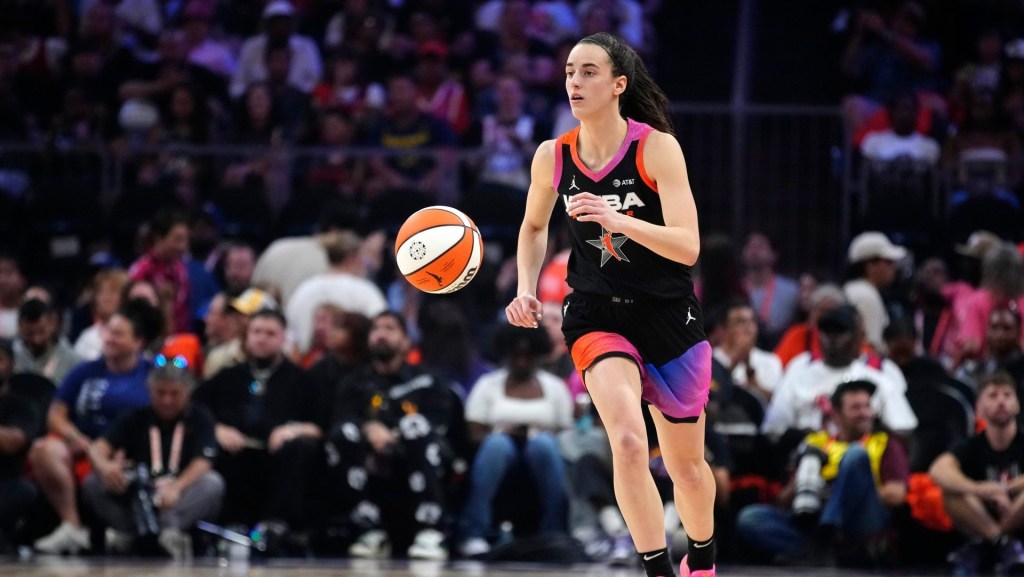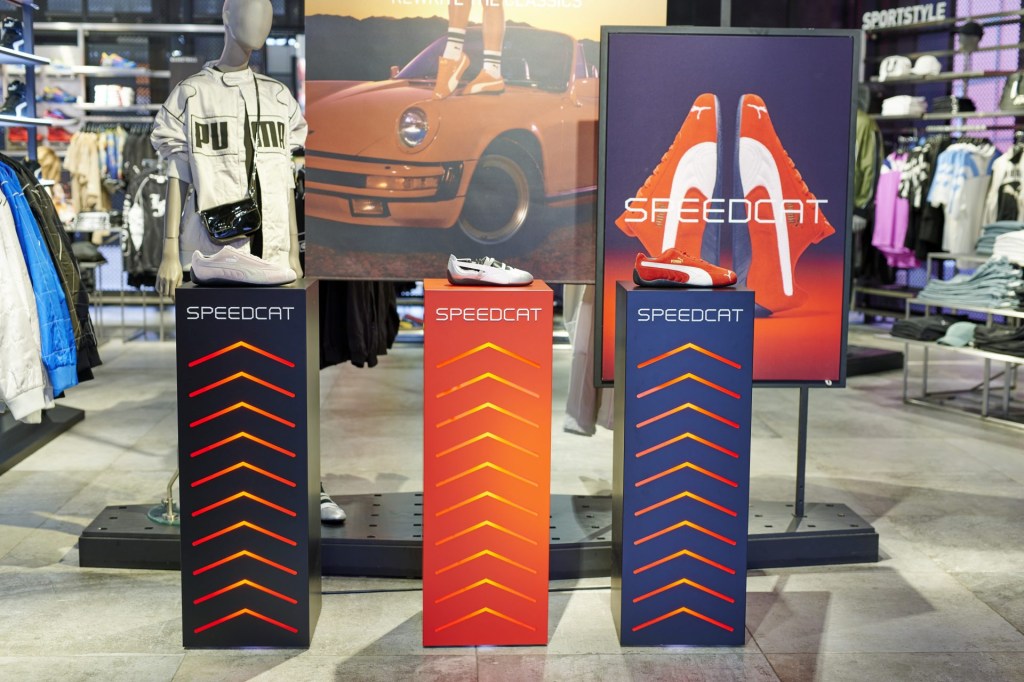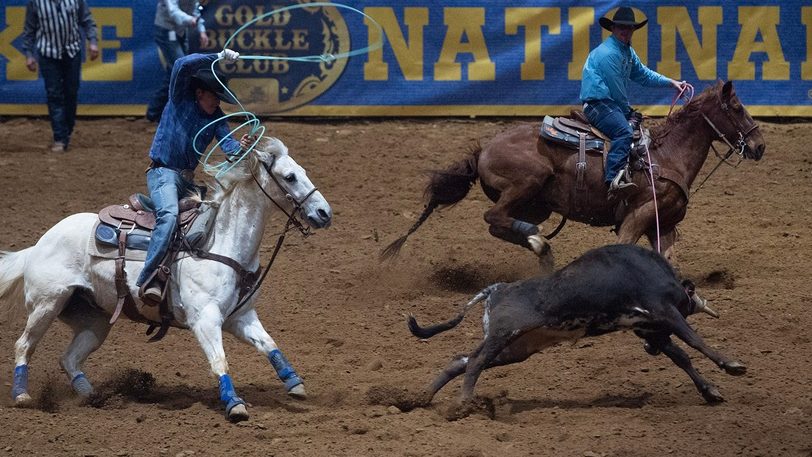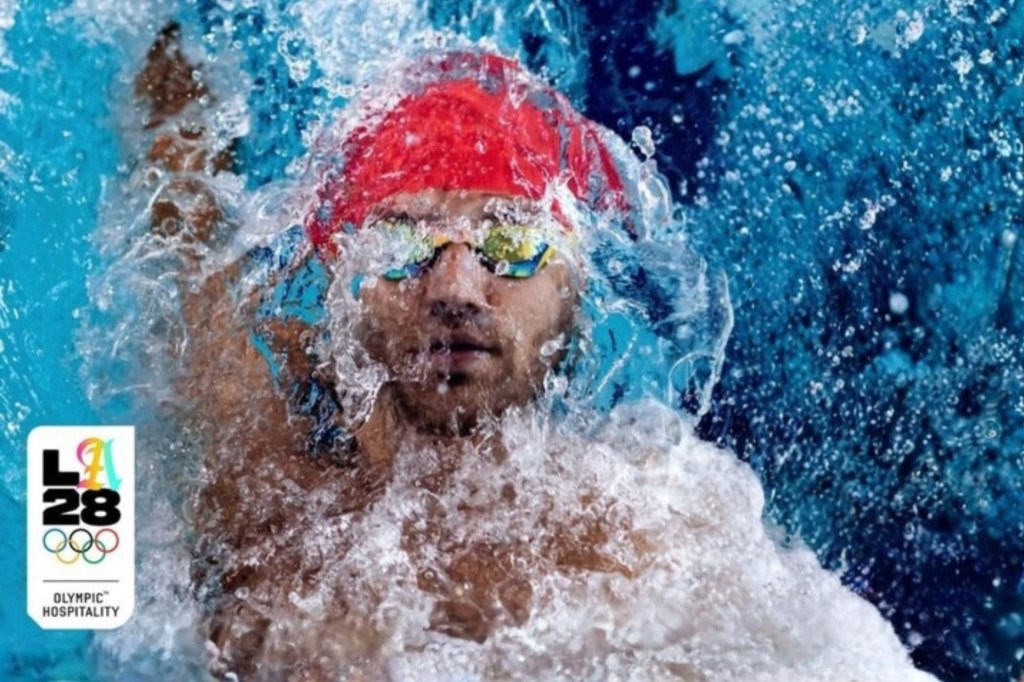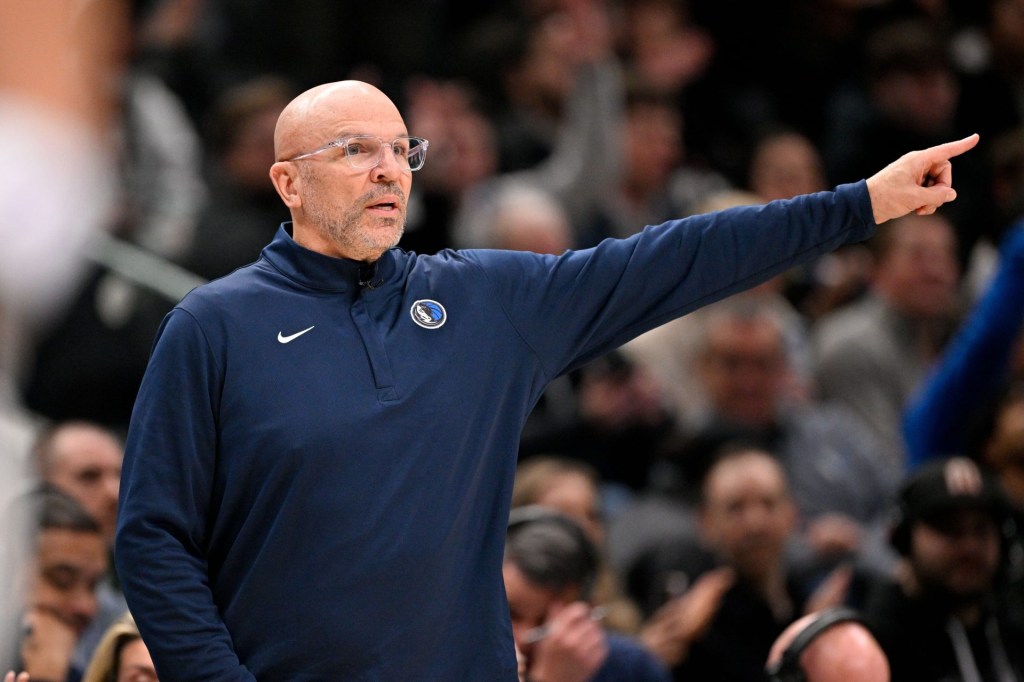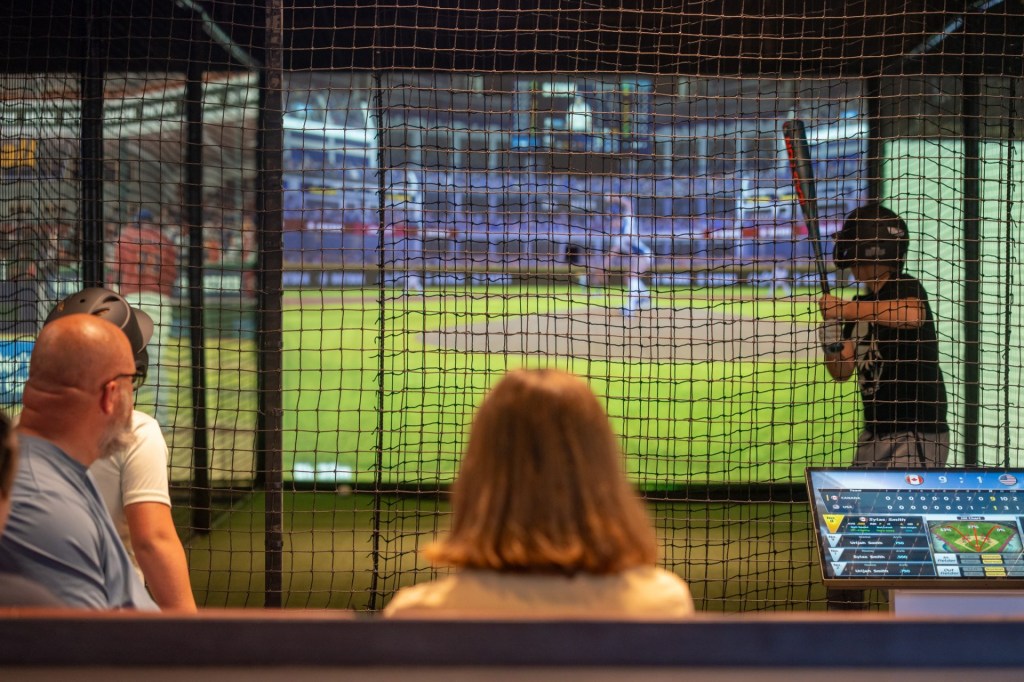Fanatics CEO Michael Rubin has made a fortune off of the sports e-commerce industry — now he’s taking his talents to the sports betting economy.
Florida-based Fanatics secured a $325 million investment last Monday at a reported $18 billion valuation. The investment comes on the heels of $320 and $350 million investments in March 2021 and August 2020, which valued the company at $6.2 and $12.8 billion, respectively. Investors in the latest round include Jay-Z, Roc Nation, SoftBank, Silver Lake, and Eldridge Capital.
Aside from valuations, a lot has changed over the past year. Since the initial $350 million in funding, Fanatics has focused on acquiring licensing rights and continued to expand internationally, all in an effort to scale its verticalized e-commerce (“v-commerce”) business. Recent acquisitions include:
- Joint Ventures (February 2021): Operator of a sports equipment and clothing joint venture based in Shanghai
- Wincraft (December 2020): Manufacturer of licensed and promotional hardgoods and non-apparel products for professional and college teams
- Top of the World (September 2020): Designer and retailer of college headwear
- Vetta Brands (September 2020): A portfolio of different brands including Top of the World headgear
While the acquisitions act to bolster the e-commerce business, the bet from investors is that Fanatics will begin to monetize through a variety of new digital channels including sports gambling.
There’s the prevailing belief that Fanatics will likely be able to convert its existing customers (currently around 80 million) with little or no associated acquisition cost — something that incumbent sportsbooks cannot claim.
Fanatics has been busy on the hiring front as well. With its shift into the sports betting and digital media worlds, the company has brought on heavy hitters from across various industries in the past several months.
- Tucker Kain: Former president of business enterprise for the Dodgers, will serve as Chief Strategy and Growth Officer
- Glenn Schiffman: Former CFO of IAC, will serve as CFO of Fanatics
- Matt King: Former CEO of FanDuel, will work with Rubin on new ventures
This “reshuffling” of the executive brass is a major step in the company’s evolution. It turns out that being the world’s largest sports v-commerce platform is really a means to a larger end.
The company currently employs the v-commerce business model to cut out the middleman and directly market, sell, and fulfill orders for its customers.
The relationship between Fanatics and the leagues whose apparel it licenses, however, is not limited to just those agreements. In March 2021, the NFL and MLB allocated a combined $150 million of capital to the company and have since then seen their investment appreciate $100 million in value.
But what is driving this new $18 billion valuation?
While the company’s reported $3.4 billion in revenue from its commerce business is incredibly impressive — does that warrant a roughly 30% increase in valuation from March?
Fanatics’ Big Bet
Ticketing, media, NFTs, gaming, and sports betting are all currently on the table for Rubin and Fanatics.
In addition to its long list of league and team partnerships, the company’s “secret weapon” is its ecosystem of 80 million-plus users who can potentially be monetized.
Fanatics planted its flag as a sportsbook last week, teaming up with Penn National (Barstool Sportsbook) to enter a joint bid for a coveted New York sports betting license.
Unlike other bidders, Fanatics has yet to launch its sports betting product, but could do so as early as next year and has a path to success in the space despite a later arrival.
The biggest consideration for sportsbooks is their cost to acquire customers (CAC).
- According to recent earnings reports, the CAC for DraftKings is about $371 while Penn National has a CAC of around $500.
- These companies also pay hefty M&A transaction prices in order to open their doors to new customers.
- Just this past week, DraftKings spent $1.56 billion in stock and cash to purchase Golden Nugget Online Gaming.
Fanatics, however, already has a captive audience of sports fans at its fingertips, and those 80 million users are growing at a clip of roughly 10% annually. While converting people from buying sports merchandise to betting on games isn’t guaranteed, a highly-targeted base with a demonstrated affinity for your brand certainly helps.
This is the beauty of being a fully integrated, digitally native brand. Fanatics already controls the customer experience of buying sports merchandise from end to end. Now, it has the opportunity to own the entire fan experience — from purchasing tickets, to NFTs and memorabilia, to betting on the outcomes of contests.
With a fresh $320 million of capital in the bank, new leadership at the helm, and a potential IPO on the horizon, it appears as though it’s only a game of execution for Fanatics from here on out.
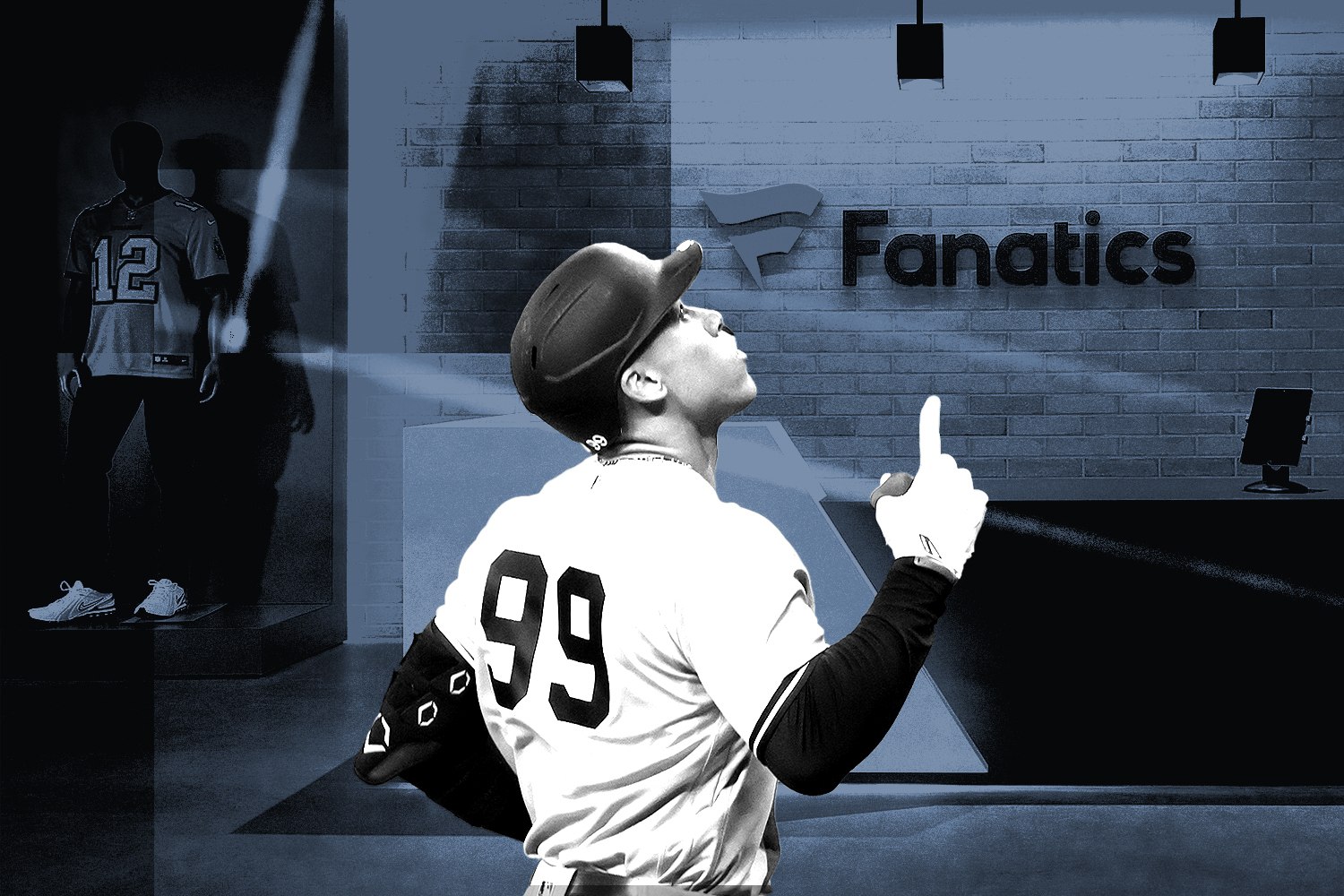

![ESPN Bet broadcasts inside the PGA Tour Studios building in Ponte Vedra Beach, Florida, on March 14, 2025. [Clayton Freeman/Florida Times-Union]](https://frontofficesports.com/wp-content/uploads/2026/02/USATSI_25668497_168416386_lowres-1-scaled.jpg?quality=100&w=1024)
![[Subscription Customers Only] Jul 13, 2025; East Rutherford, New Jersey, USA; Chelsea FC midfielder Cole Palmer (10) celebrates winning the final of the 2025 FIFA Club World Cup at MetLife Stadium](https://frontofficesports.com/wp-content/uploads/2026/02/USATSI_26636703-scaled-e1770932227605.jpg?quality=100&w=1024)





